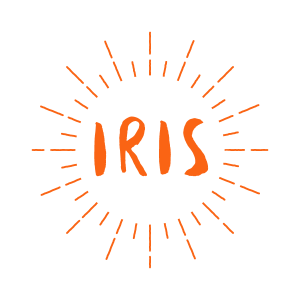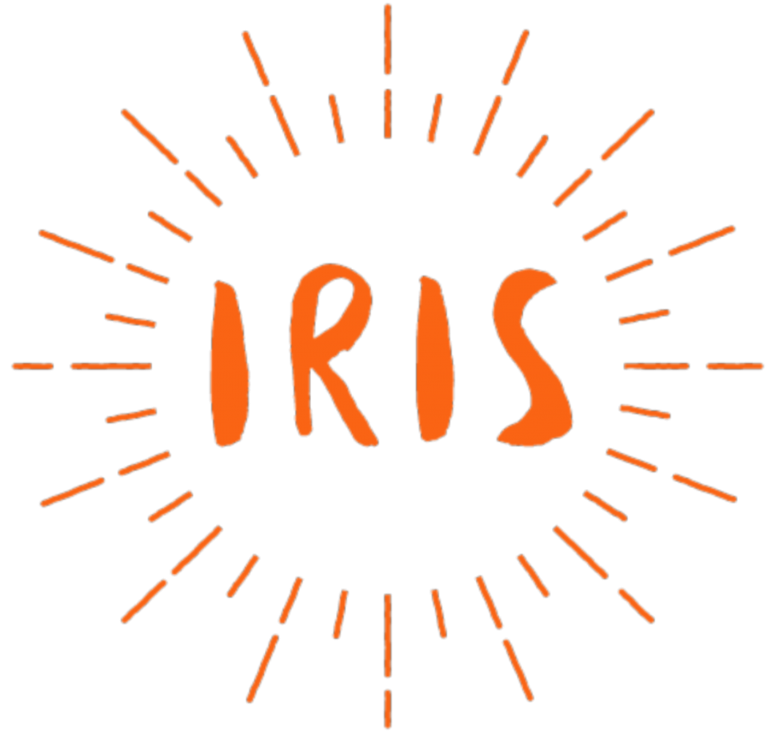
Introducing Reverse Innovation Model
to HEI in Tanzania
The approach behind The Project IRIS is reverse innovation which refers to the idea that everyday life could be supported by the simple and low price innovations which can benefit communities in a large scale. In the context of university education and learning the idea of reverse innovation could be connected to the need arising from local communities, working life and entrepreneurs. This need can be cultivated in a collaboration between the university and community members.
Collaboration is based on active communication and ongoing dialogue increases mutual understanding and promotes confidential relationships. For education institutions learning outcomes is essential so that graduates have competence, concrete experience and networks which support the start of their career. Local communities, on the other hand, have needs but no resources, tools, capability or access to information to seek sustainable solutions for their problems. The goal of concrete partnership between the university and communities is in active co-operational learning which benefits all partners.
The objective is achieved by
• developing the new active and innovative pedagogy model,
• linking working life and entrepreneurship to the learning process,
• improving access to the information and active use of knowledge.
Above all the stakeholders of the Project IRIS are the students and personnel of the universities. Moreover, working life, micro entrepreneurs, public institutions, organizations and entire society will benefit from the new active role of the university.
+358 44 907 2891
